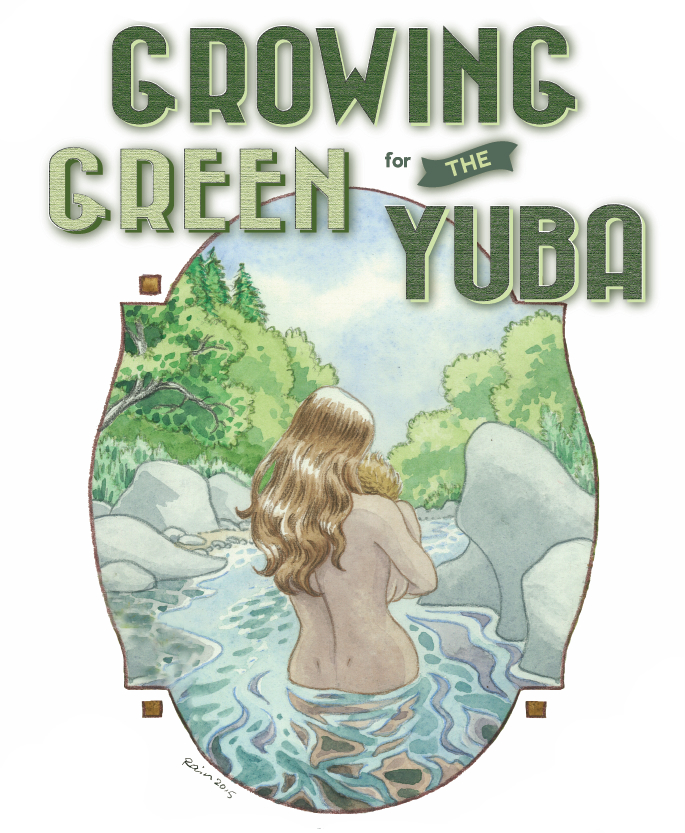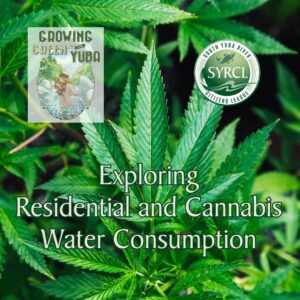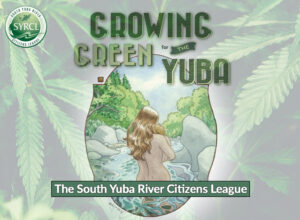Managing Ecological Impact
Our scientists and concerned community members recognize that the environmental impacts of illegal, large-scale cannabis cultivation are real.
SYRCL wants to help growers understand how regulation can be a tool that allows agriculture to align with objectives that maintain water quality, and promote habitat for fish and wildlife.
In 2016, California took the positive step towards regulating cannabis cultivation with Proposition 64. Nevada County was the only county in the Yuba River watershed to regulate cannabis cultivation and protect our water resources.
In 2019 Nevada County adopted a Cannabis Cultivation ordinance to regulate the commercial cannabis industry. Since that time, SYRCL has advocated for environmentally protective language throughout the regulations, especially encouraging best management practices (BMPs).
SYRCL remains vigilant to the environmental impacts of illegal cannabis operations while striving to be an active participant in the regulatory process for legal cannabis cultivation operations.





